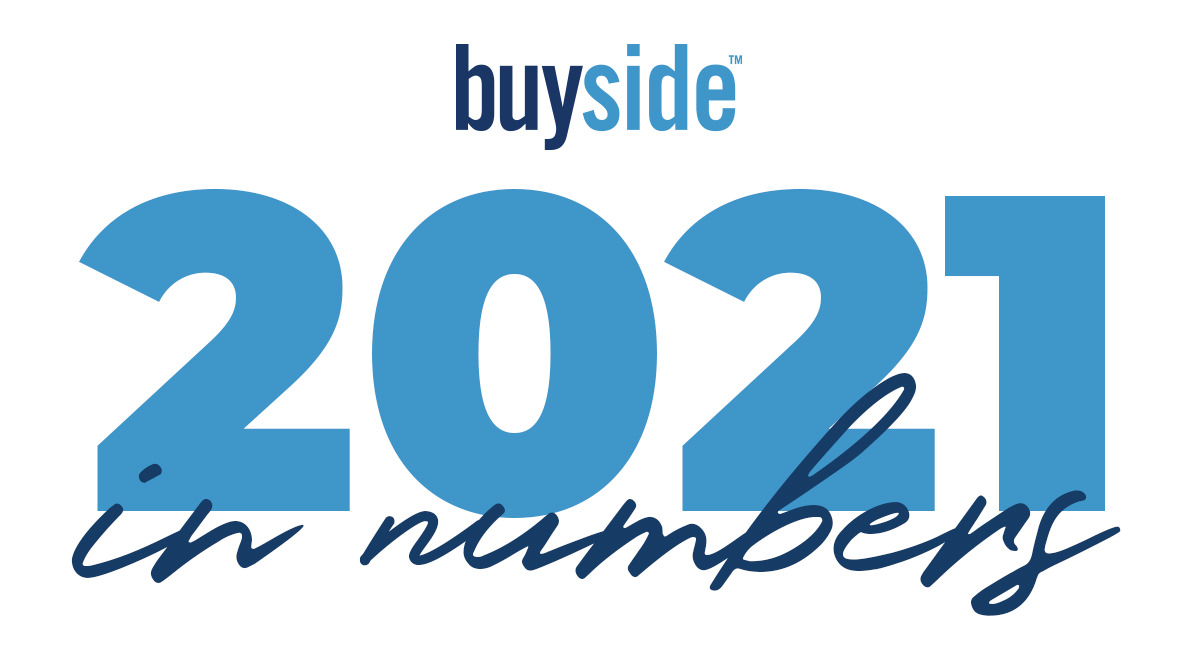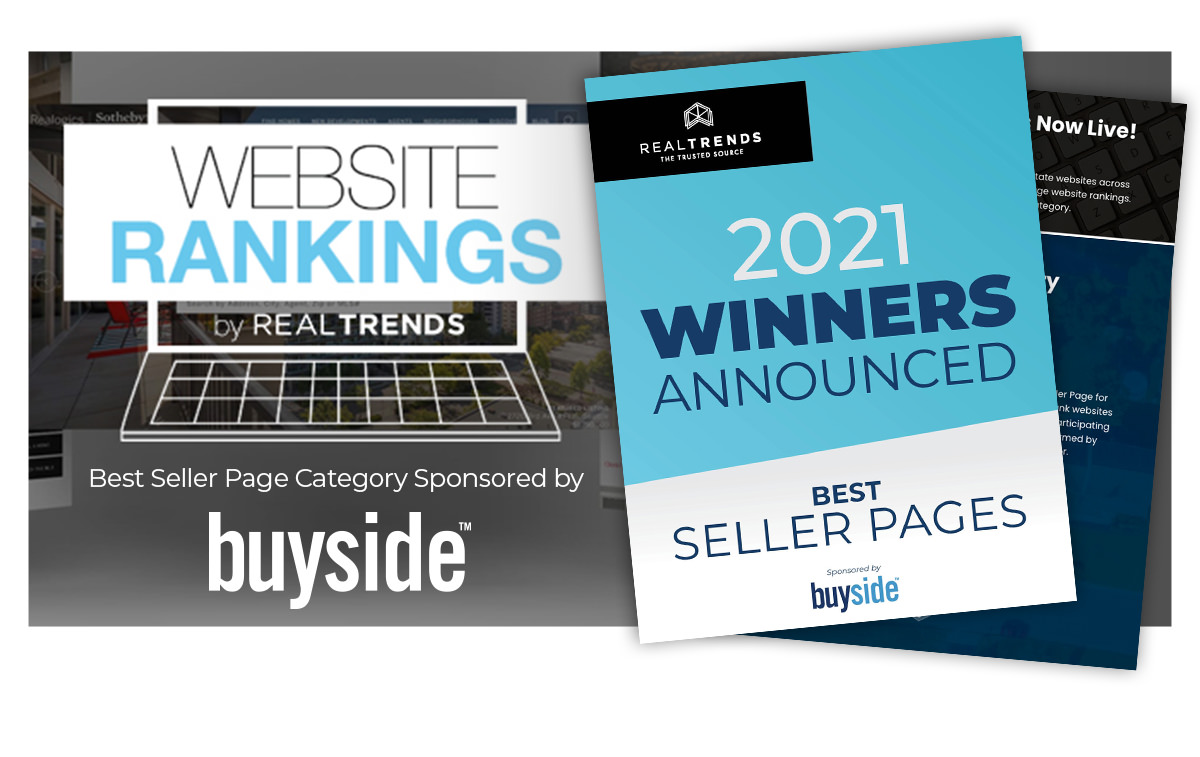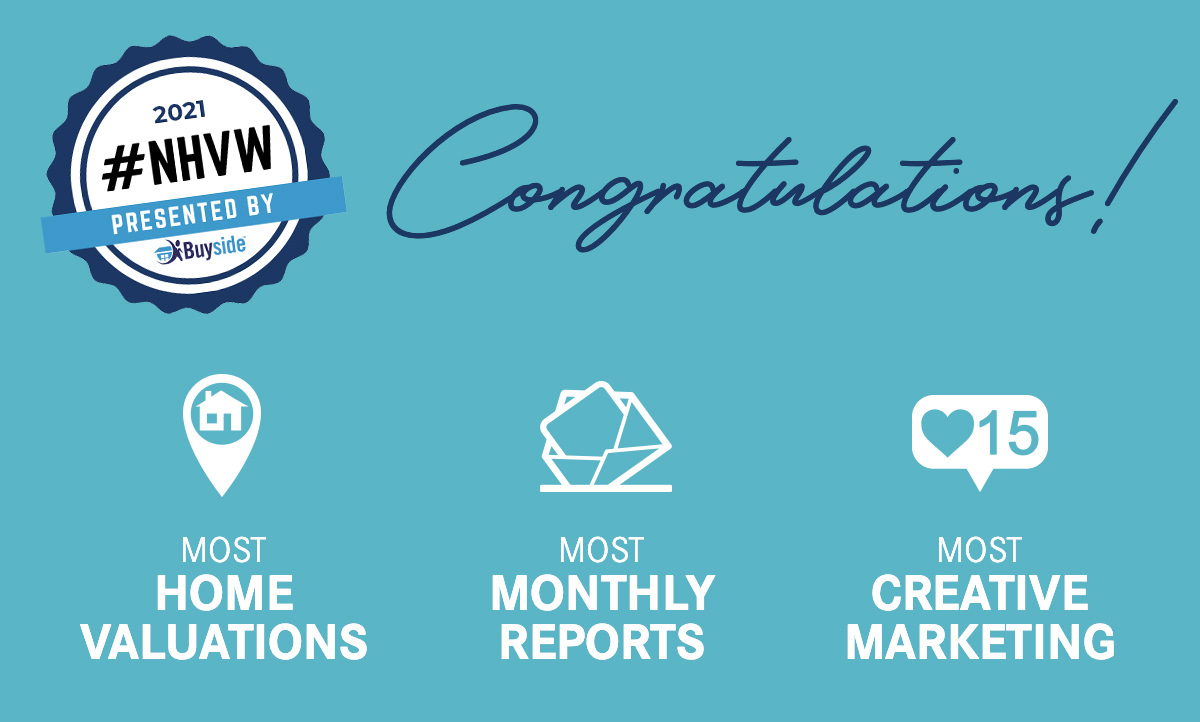 There are less than 2% of the homes for sale around the nation today. Typically, that number is 3.5%. Hence we are in a sellers’ market. So the consumer thinks – “Where am I in the market?”
There are less than 2% of the homes for sale around the nation today. Typically, that number is 3.5%. Hence we are in a sellers’ market. So the consumer thinks – “Where am I in the market?”
What Home Can I Buy?
Over 90% of consumers looking to purchase a home have one to sell. The rest are currently renters or second home purchasers. Buying a home is never about buying what you want. It is always about buying what is right for you. The old story of Location, Location, Location is a bit lost on me today, unless it stands for Location Convenience, Location Suitability, and Location Affordability. There may be some others, like Location Timing as well.
Regardless of where you live, there are places where you need to go – like work, school, shopping, or whatever. Where you live as a proximity to those things counts for you. I love TLCengine because it allows consumers to plot those points of interest and find properties in the radius of convenience. This also has a major influence on affordability as proximity mitigates commute times, insurance prices, childcare costs, etc. Unfortunately, I think that the application is only available in the NorthstarMLS market area MLS.
Suitability is more of a lifestyle question. How do you flow in your home? Beds, garages, yards, kitchens, dining rooms, living rooms, and local area amenities change the attractiveness of a location based upon the suitability to the people living in the property and in the neighborhood. This is why I think that lifestyle search engines like Onboard Informatics is so important to consumers.
Affordability is perhaps the biggest concern. Consumers choose unrealistic price ranges all of the time when they are searching. They really need to be pre-qualified before they can truly search for a home unless they are paying cash. What about closing costs and estimated and historical property taxes? Most broker websites do not have the information to understand this unless they are licensing data from CoreLogic or some other source. I love that CoreLogic is planning to make this data available to website vendors through their new RETS server called Trestle. It will open the innovation door wide!
What’s My Home Worth?
That is a loaded question, one that created the most valuable company in real estate – Zillow. Half of the real estate industry pivots around this question, as it is a fundamental driver of consumer action that leads to a transaction. There are a couple of realities that consumers need to remember. First, a home is worth exactly the amount that a willing seller and a willing buyer agree to, usually. If there is a mortgage bank or two involved, they may impact the price too.
Fox and Roach, Elliman, and Daniel Gale Sotheby’s are crushing their competition with their new Buyside application. First, they publish every property on their website – 100%, not just the 2% that are for sale. They display AVMs from Zillow (free), Realtors Property Resource (free), and typically another source on every property. This not only shows the consumer some benchmarks for their own property – recognizing that 90% of homebuyers are also homeowners, it also becomes a great seller lead generator.
This image shows how the broker is answering the question – but you should notice the box that says “Get this report monthly – straight to your inbox?” Nearly 1 in 10 consumers are filling out that form. That is powered by CoreLogic’s ePropertyWatch. It is “Push” marketing that puts the broker and an agent in front of that buyer who is probably also a seller. It opens the door to seller lead generation!
My personal goal is to keep screaming about this to brokers. There are only about a dozen who have deployed this type of thinking. What are you waiting for? If you are tired of third party portals kicking your butt and charging you a fortune, deploy your resources into solutions that the consumer wants. Do it today. Do it before your competitors. You will be glad you did.
Do you need help with your online strategy? Call WAV Group. Help is the service we provide.





Leave a Reply